Home>Home Maintenance>What To Expect From A Home Inspection
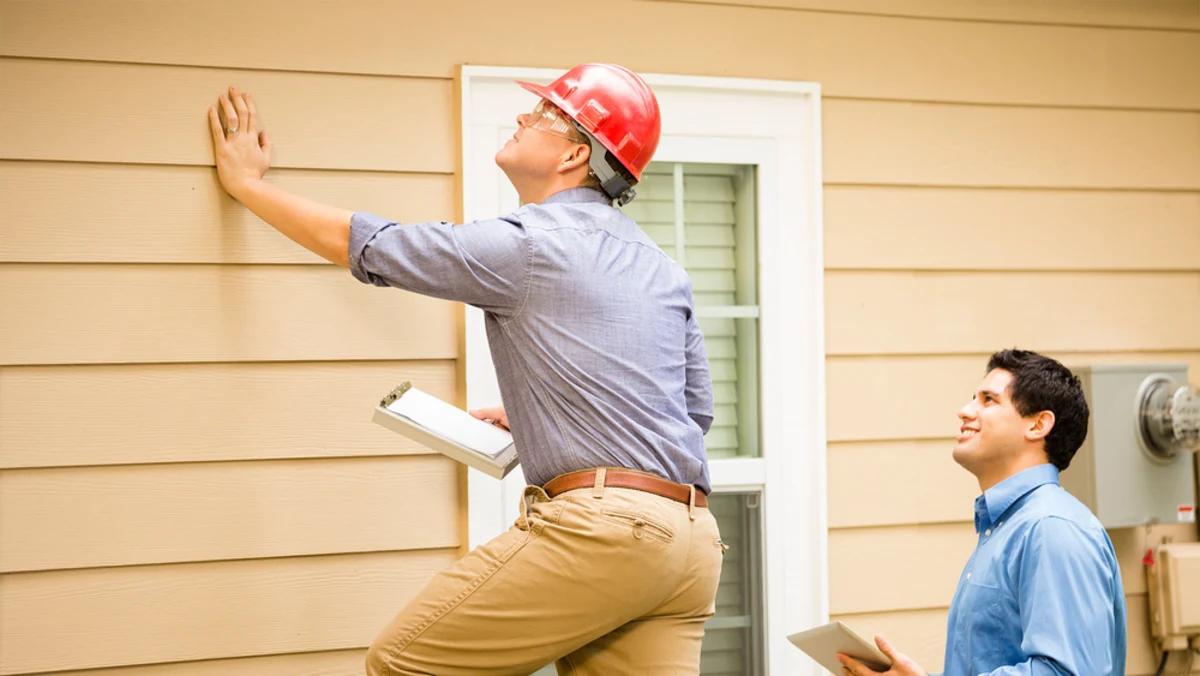

Home Maintenance
What To Expect From A Home Inspection
Modified: March 6, 2024
Find out what you can anticipate during a comprehensive home inspection. Learn how home maintenance plays a crucial role in ensuring your property's longevity and safety.
(Many of the links in this article redirect to a specific reviewed product. Your purchase of these products through affiliate links helps to generate commission for Storables.com, at no extra cost. Learn more)
Introduction
Welcome to the world of home maintenance! Owning a home is a wonderful achievement, but it also comes with a bundle of responsibilities. One essential aspect of maintaining a home is conducting regular home inspections.
A home inspection is a thorough assessment of a property’s condition, inside and out. It is typically carried out by a professional inspector who specializes in evaluating the various systems and components of a house. The main goal of a home inspection is to identify any existing or potential issues that may affect the safety, functionality, or value of the property.
In this article, we will explore the importance of home inspections, what to expect during the process, and how to prepare for one. Whether you are a homeowner, a prospective buyer, or a real estate agent, understanding the ins and outs of a home inspection will empower you to make informed decisions and ensure the long-term well-being of your property.
So, let’s dive in and discover why home inspections are essential and what they entail!
Key Takeaways:
- Home inspections are crucial for identifying potential issues, ensuring safety, and protecting your investment. They provide peace of mind and empower informed decision-making for homeowners and buyers.
- Proper preparation for a home inspection, including clearing access, gathering documentation, and accompanying the inspector, ensures a productive and thorough assessment of your property.
Importance of a Home Inspection
A home inspection is a vital step in the home buying process, as well as for homeowners who want to keep their properties in good condition. Here are some key reasons why a home inspection is important:
- Identifying potential issues: A home inspection can uncover hidden problems that may not be apparent during a casual walkthrough. These issues can include structural concerns, electrical and plumbing deficiencies, HVAC malfunctions, and more. By detecting these problems early on, you can address them before they worsen, potentially saving you from costly repairs in the future.
- Ensuring safety: A home inspection focuses on the safety aspects of a property, such as faulty wiring, improper ventilation, or the presence of harmful substances like asbestos or mold. Identifying these hazards allows you to take necessary steps to rectify them for the well-being of you and your family.
- Assessing the property’s condition: A thorough inspection provides a comprehensive evaluation of the property’s overall condition. It helps you determine if there are any major repairs or maintenance tasks that need to be addressed. This knowledge is especially valuable for buyers, as it can influence their decision-making process and negotiations.
- Peace of mind: Whether you are a buyer or a homeowner, a home inspection offers peace of mind. Knowing that a professional has thoroughly examined your property can alleviate concerns and provide reassurance about its structural integrity and functionality.
- Protecting your investment: A home is one of the most significant investments you will make in your lifetime. A proper inspection ensures that you are making an informed investment and can proceed with confidence. It allows you to understand the true value of the property and make any necessary adjustments before finalizing the purchase.
Overall, a home inspection is a crucial process that allows you to identify potential issues, ensure the safety of your property, assess its condition, and protect your investment. It is an essential step in the home buying process and a valuable tool for homeowners in maintaining the longevity and functionality of their homes.
Preparing for a Home Inspection
Preparing for a home inspection is essential to ensure a smooth and successful process. Here are some key steps to take before the inspection:
- Clear access to all areas: The inspector will need access to every part of the property, so make sure that all areas, including crawl spaces, attics, and utility rooms, are easily accessible. Clear any clutter, remove obstacles, and unlock any doors or gates that may impede the inspection process.
- Gather necessary documentation: Collect and organize any important documents related to your property, such as permits, warranties, and maintenance records. These documents can provide valuable information to the inspector and help establish a comprehensive understanding of the property’s history.
- Make a list of concerns: Take note of any specific concerns or issues you have noticed in your home. These can be minor repairs, leaks, or any other areas you want the inspector to pay special attention to during the inspection. Providing this information to the inspector will ensure that your concerns are addressed.
- Prepare appliances and systems: Ensure that all appliances and systems, such as heating, cooling, and electrical, are in proper working order. Replace any burnt-out light bulbs, clean filters, and address any minor maintenance tasks. This will help the inspector get an accurate assessment of these components.
- Provide necessary access codes: If your property has any security systems or electronic locks, make sure to provide the inspector with the necessary access codes. This will allow them to inspect all areas, including garages, outbuildings, and other secure spaces.
- Accompany the inspector: While it’s not mandatory, it’s beneficial to be present during the inspection. This gives you an opportunity to ask questions, gain insights into potential issues, and better understand the overall condition of your home. It also allows you to receive any recommendations firsthand.
By following these steps, you can ensure a more productive and thorough home inspection. Proper preparation not only facilitates the inspection process but also allows you to address any concerns that may arise and make informed decisions about your property’s maintenance and repair needs.
Exterior Inspection
An exterior inspection is a crucial part of the overall home inspection process. It focuses on evaluating the condition and integrity of the exterior components of a property. Here are the key aspects typically examined during an exterior inspection:
- Roof: The inspector will assess the roof’s condition, looking for any signs of damage, such as missing or damaged shingles, leaks, or sagging. They will also check the chimney and flashing for any issues that could lead to water penetration.
- Siding and Trim: The condition of the siding and trim is examined for any signs of deterioration, cracks, or rot. The inspector will also look for any signs of pest infestation or damage.
- Windows and Doors: The windows and doors are inspected to ensure proper installation, functionality, and weather sealing. Any damaged or broken windows, as well as faulty locks or hinges, will be noted.
- Gutters and Downspouts: The inspector will assess the gutters and downspouts to ensure they are free of clogs, properly attached, and effectively diverting water away from the property’s foundation. They will also inspect for any signs of damage or rust.
- Drainage and Grading: The grading of the property is evaluated to ensure that water drains away from the foundation. The inspector will check for proper slope, the presence of pooling water, and the functionality of any drainage systems in place.
- Decks, Patios, and Porches: The inspector will examine the structural integrity of any outdoor living spaces, including decks, patios, and porches. They will check for any signs of rot, decay, loose boards, or inadequate support structures.
- Exterior Electrical Fixtures: Exterior lighting fixtures and outlets are inspected for proper functioning and safety. The inspector will ensure that all electrical components are installed correctly and do not pose any hazards.
An exterior inspection is crucial as it helps identify any potential issues that may compromise the structural integrity, functionality, or safety of the property. By thoroughly examining these exterior components, the inspector can provide valuable insights and recommendations for maintenance and repairs, ensuring your home remains in excellent condition.
Roof Inspection
A roof inspection is an essential part of the home inspection process as the roof plays a critical role in protecting the interior of a property from the elements. Here are the key elements typically assessed during a roof inspection:
- Roofing Material: The inspector will evaluate the condition, age, and type of roofing material used on the roof. Common types include asphalt shingles, metal, tile, or wood. They will check for any signs of damage, missing or loose tiles/shingles, and overall wear and tear.
- Gutters and Drainage: The gutters and downspouts connected to the roof are examined to ensure they are clear of debris, properly attached, and effectively channeling water away from the property. The inspector will also check for any signs of rust or damage.
- Flashing: The flashing is inspected to ensure it is correctly installed and sealed. Flashing is used in areas where the roof meets other surfaces, such as chimneys or skylights, to prevent water penetration. Any signs of damage or deterioration will be noted.
- Ventilation: Proper ventilation is crucial for a healthy roof. The inspector will assess the ventilation systems, including vents and fans, to ensure they are in proper working order. Inadequate ventilation can lead to moisture buildup and damage to the roof and attic.
- Chimneys and Skylights: Chimneys and skylights are inspected for any signs of damage, leaks, or faulty seals. The inspector will ensure that flashing around these features is properly installed and functional.
- Soffits and Fascia: The inspector will examine the soffits (underside of the roof overhang) and fascia (horizontal band at the edge of the roof) for any signs of damage, rot, or pests. These components are important for ventilation and protecting the roof’s edge.
- Attic Inspection: The inspector may access the attic if possible to assess the underside of the roof for any signs of water leaks, insulation issues, or pest activity. They will also examine the condition of the roof rafters and trusses.
A thorough roof inspection is crucial to identify any existing or potential issues that may affect the longevity and performance of the roof. It enables homeowners to address necessary repairs or maintenance tasks promptly, preventing further damage and costly repairs in the future. Additionally, for home buyers, understanding the condition of the roof can influence negotiation and budgeting decisions.
Read more: What To Expect At Pre-Construction Meeting
Foundation and Structural Inspection
The foundation and structural integrity of a property are critical components that are assessed during a home inspection. Here are the key elements typically examined during a foundation and structural inspection:
- Foundation Walls: The inspector will carefully examine the foundation walls for any signs of cracks, bulges, or shifting. These issues can indicate foundation problems that may compromise the stability of the structure.
- Basement and Crawlspace: If accessible, the inspector will inspect the basement or crawlspace to assess its condition. They will look for signs of water intrusion, proper ventilation, and any structural issues, such as sagging beams or joists.
- Structural Framing: The inspector will examine the structural framing, including beams, columns, and load-bearing walls. They will look for any signs of damage, such as wood rot, termite infestation, or improper construction that could compromise the stability of the building.
- Doors and Windows: The inspector will check the alignment and functionality of doors and windows. Any difficulty in opening or closing these fixtures may indicate structural issues, such as foundation movement or settling.
- Wall and Ceiling Cracks: The inspector will note any cracks in the walls or ceilings, as they can be indicative of potential structural issues. They will assess the severity, length, and direction of the cracks to determine if further investigation is needed.
- Sloping or Uneven Floors: Floors that are noticeably sloping or uneven may suggest foundation settlement or structural problems. The inspector will use a level to measure floor deviations and assess the need for further evaluation.
- Staircases and Railings: The stability and safety of staircases and railings are evaluated during a structural inspection. Loose or wobbly steps, handrails, or balusters may pose hazards and need to be addressed.
A thorough foundation and structural inspection is crucial to identify any issues that could compromise the integrity and safety of the property. Detecting these problems early allows homeowners to take appropriate measures to address them, ensuring the long-term stability and value of the structure.
Plumbing Inspection
A plumbing inspection is an important part of the overall home inspection process, as the plumbing system is essential for the proper functioning of a property. Here are the key elements typically assessed during a plumbing inspection:
- Water Supply: The inspector will examine the water supply lines, ensuring proper functioning and checking for any signs of leaks or damage. They will inspect the main water shut-off valve and individual shut-off valves for sinks, toilets, and other fixtures.
- Fixtures and Faucets: All plumbing fixtures, including sinks, toilets, showers, and bathtubs, will be checked for proper operation. The inspector will look for any leaks, damaged components, or signs of water damage around these fixtures.
- Drainage System: The inspector will assess the drainage system to ensure that there are no blockages or signs of improper installation. They will check for proper slope and functioning of drains, looking for slow draining or clogged pipes.
- Water Heater: If a water heater is present, it will be inspected for proper operation, signs of leakage, and overall condition. The inspector will check the temperature and pressure relief valve and examine the connections and venting.
- Pipes: The inspector will visually inspect the exposed plumbing pipes, looking for signs of corrosion, leaks, or damage. They will note the type of materials used, such as copper, PEX, or galvanized pipes, and assess their condition.
- Sump Pump (if applicable): If there is a sump pump in the property, the inspector will test its operation and ensure it is in good working condition. They will check for any signs of water damage or moisture issues in the basement or crawlspace.
- Water Pressure: The water pressure will be tested to ensure it is within an acceptable range. Low water pressure can indicate blockages or issues within the plumbing system, while high water pressure may put strain on the pipes and fixtures.
A thorough plumbing inspection helps identify any existing or potential issues with the plumbing system. By detecting problems early, homeowners can address them promptly, minimizing the risk of water damage, mold growth, and costly repairs. For home buyers, understanding the condition of the plumbing system is crucial for making informed decisions and negotiating repairs or replacements if needed.
When scheduling a home inspection, make sure to ask the inspector about their qualifications and experience. A qualified and experienced inspector can provide a thorough and reliable assessment of the property.
Electrical Inspection
An electrical inspection is a critical component of a comprehensive home inspection, as the electrical system plays a crucial role in the safe and functional operation of a property. Here are the key elements typically assessed during an electrical inspection:
- Service Panel: The inspector will evaluate the electrical service panel to ensure it is properly sized and in compliance with current safety codes. They will check for any signs of damage, such as rust or loose connections, and ensure that breakers or fuses are correctly labeled.
- Wiring: The electrical wiring throughout the property will be inspected for any visible issues, such as frayed or exposed wires, loose connections, or outdated wiring materials. The inspector will check for compliance with current electrical codes and safety standards.
- Outlets and Switches: All outlets and switches will be evaluated for proper functioning and safety. The inspector will test for any loose outlets or switches, polarity issues, and the presence of Ground Fault Circuit Interrupters (GFCIs) in appropriate locations.
- Lighting Fixtures: The inspector will check all lighting fixtures, including ceiling lights, wall sconces, and outdoor lighting. They will ensure that fixtures are securely mounted, in good working condition, and properly wired.
- Grounding and Bonding: The inspector will assess the grounding and bonding systems to ensure that electrical currents are properly directed away from the property. They will check for the presence of grounding electrodes and proper bonding of electrical components.
- Appliance Circuits: Any dedicated circuits for appliances, such as refrigerators, ovens, or washers, will be inspected for proper wiring and connections. The inspector will ensure that the circuits are adequately sized and meet the specific requirements of the appliances.
- Safety Devices: The inspector will test the functionality of safety devices, such as smoke detectors, carbon monoxide detectors, and AFCI (Arc Fault Circuit Interrupter) and GFCI outlets. These devices play a crucial role in protecting against fire and electrical hazards.
An electrical inspection is essential for identifying potential electrical hazards and ensuring the safety and compliance of the electrical system. By addressing any issues or deficiencies, homeowners can mitigate the risk of electrical accidents, fires, and damage to electrical appliances. For home buyers, understanding the condition of the electrical system is crucial for evaluating the property’s overall safety and making informed decisions regarding repairs or upgrades.
Heating, Ventilation, and Air Conditioning (HVAC) Inspection
An HVAC inspection is an important part of the home inspection process, as the heating, ventilation, and air conditioning systems are essential for maintaining a comfortable and healthy living environment. Here are the key elements typically assessed during an HVAC inspection:
- Heating System: The inspector will evaluate the heating system, such as a furnace or heat pump, to ensure proper operation and efficiency. They will check for any signs of damage, leaks, or malfunctioning components and assess the condition of the filters.
- Cooling System: If the property has a central air conditioning system, the inspector will assess its functioning and condition. They will check the outdoor condensing unit, the indoor evaporator coil, and the refrigerant lines for any issues or signs of damage.
- Ductwork: The inspector will examine the ductwork to ensure it is properly installed, insulated, and free of leaks or obstructions. Ductwork plays a crucial role in distributing heated or cooled air throughout the property efficiently.
- Air Filters and Vents: The inspector will check the air filters in the HVAC system and recommend replacing them if necessary. They will also evaluate the condition and placement of air vents to ensure optimal airflow and distribution.
- Thermostat: The inspector will test the thermostat to ensure proper operation and accuracy. They will check if it is functioning correctly and correctly calibrated.
- Combustion Systems (if applicable): If there are any combustion-based heating systems, such as a gas furnace, the inspector will evaluate them for safety and proper venting. They will check for any signs of carbon monoxide leaks or ventilation issues.
- Energy Efficiency: The inspector may provide insights or recommendations on improving the energy efficiency of the HVAC system. This may include suggestions for insulation, programmable thermostats, or upgrading to more efficient units.
An HVAC inspection ensures that the heating, ventilation, and air conditioning systems of a property are in good working order, providing optimal comfort and indoor air quality. By identifying any issues or inefficiencies, homeowners can address them to improve performance, reduce energy consumption, and ensure the longevity of the HVAC system. For home buyers, understanding the condition of the HVAC system is crucial for evaluating the property’s overall value and potential maintenance or upgrade needs.
Read more: What Takes Heat From The Air And Brings It To The Refrigerant In An Air Conditioning System
Interior Inspection
An interior inspection is a critical component of the home inspection process, as it focuses on evaluating the condition and functionality of the various interior components of a property. Here are the key aspects typically examined during an interior inspection:
- Walls, Ceilings, and Floors: The inspector will assess the condition of the walls, ceilings, and floors for any signs of damage, such as cracks, water stains, or unevenness. They will check for evidence of past or current water leaks or structural concerns.
- Windows and Doors: All windows and doors will be inspected for proper operation, including opening, closing, and locking mechanisms. The inspector will check for any signs of damage, worn weatherstripping, or issues with the frames and glazing.
- Staircases and Railings: The stability and safety of staircases and railings are evaluated during the interior inspection. Loose or wobbly steps, handrails, or balusters may pose hazards and need to be addressed.
- Closets and Storage Spaces: The inspector will assess the condition and functionality of closets and storage spaces, checking for proper ventilation, shelving, and any signs of water damage or pests.
- Fireplaces and Chimneys: If there is a fireplace or chimney, the inspector will examine them for safe operation and proper ventilation. They will check for any signs of damage, creosote buildup, or issues with the damper and flue.
- Interior Electrical Outlets and Switches: The inspector will test the functionality of outlets and switches throughout the property, ensuring they are correctly wired, grounded, and functioning properly. They will also check for the presence of Ground Fault Circuit Interrupters (GFCIs) in appropriate locations.
- Plumbing Fixtures: All plumbing fixtures, including sinks, toilets, showers, and bathtubs, will be checked for proper functioning, leaks, and adequate water pressure. The inspector will also assess the condition of the seals, grouting, and caulk around these fixtures.
An interior inspection provides valuable insights into the overall condition and functionality of the interior components of a property. By identifying any issues or maintenance needs, homeowners can take appropriate measures to address them, improving the comfort, safety, and value of the property. For home buyers, understanding the condition of the interior components helps in making informed decisions regarding necessary repairs or renovations.
Inspection of Appliances
As part of a comprehensive home inspection, the assessment of appliances is crucial, as they play a significant role in the functionality and convenience of a property. Here are the key aspects typically examined during the inspection of appliances:
- Kitchen Appliances: The inspector will assess the condition and functionality of kitchen appliances, including the refrigerator, range/oven, dishwasher, and microwave. They will check for proper operation, any signs of damage, leaks, or faulty components.
- Laundry Appliances: If the property has a washer and dryer, the inspector will examine them for proper functioning, any signs of leaks or damage, and adequate ventilation. They will also check the condition of hoses, connections, and lint traps.
- Water Heater: The inspector will evaluate the water heater for proper operation, any signs of leaks, and its overall condition. They will check for appropriate temperature settings, safety features, and the presence of expansion tanks if required.
- Garage Door Opener: If there is an automatic garage door opener, the inspector will test its operation, ensuring it functions properly and has appropriate safety features in place.
- Exhaust Fans: The inspection may include exhaust fans found in bathrooms, kitchens, or laundry areas. The inspector will check for proper airflow, noise levels, and any signs of malfunction or inadequate ventilation.
- Smoke Detectors and Carbon Monoxide Alarms: The inspector will test the functionality of smoke detectors and carbon monoxide alarms, ensuring they are properly installed and in working condition. They will also check the expiration dates of batteries or recommend upgrading to interconnected systems if necessary.
- Other Appliances: Depending on the property, the inspector may assess other appliances such as garbage disposals, central vacuum systems, or built-in home entertainment systems. They will check for proper operation, signs of damage or malfunction, and safety features.
An inspection of appliances allows homeowners and buyers to understand the condition and functionality of these important elements. It helps identify any existing or potential issues and provides recommendations for maintenance, repairs, or replacements. By ensuring that appliances are in good working order, homeowners can avoid unexpected breakdowns, extend their lifespan, and maintain a functional and comfortable living space.
Environmental Concerns and Hazards
During a home inspection, it is crucial to assess various environmental concerns and potential hazards that could impact the health, safety, and value of the property. Here are some key environmental concerns and hazards typically evaluated:
- Mold and Mildew: The inspector will check for any signs of mold or mildew growth, which can indicate moisture issues. They will assess areas prone to dampness, such as basements, bathrooms, or areas with water damage, and recommend appropriate remediation measures if necessary.
- Asbestos: In older properties, the inspector may assess the presence of asbestos in building materials like insulation, floor tiles, or pipe wrapping. Any suspected asbestos-containing materials may require further testing by a specialized professional.
- Radon: Radon is a naturally occurring radioactive gas that can seep into homes through the ground. The inspector may conduct a radon test to measure levels within the property and recommend mitigation if levels exceed the acceptable guidelines.
- Lead-Based Paint: For properties built before 1978, the inspector may look for the presence of lead-based paint. If found, they will advise on the appropriate measures to address any potential hazards and recommend further testing if necessary.
- Carbon Monoxide: The inspector may assess the presence of carbon monoxide, a toxic gas that can be emitted by malfunctioning appliances or incomplete combustion. They will ensure the proper operation and installation of carbon monoxide alarms in recommended locations.
- Water Quality: The inspector may recommend water quality testing to assess factors such as bacteria, lead, or high mineral content. Testing can provide insights into the potability of the water and identify the need for water treatment systems if required.
- Radon: The inspector may conduct a radon test to measure levels within the property and recommend mitigation if levels exceed acceptable guidelines.
- Pest Infestation: The inspection may include evaluating the property for signs of pest infestation, such as termites, rodents, or insects. The inspector will look for visible damage, nests, or evidence of pest activity that may require further investigation or treatment.
Identifying and addressing environmental concerns and hazards is vital to ensure a safe and healthy living environment. By understanding and mitigating potential risks, homeowners can protect their investment, maintain the well-being of their family, and potentially avoid costly remediation in the future.
Report and Recommendations
After completing the home inspection, the inspector will provide a comprehensive report that outlines their findings and recommendations. Here are key aspects typically included in the report:
- Summary of Findings: The report will provide a summary of the overall findings from the inspection. This section highlights any significant issues or areas that require attention.
- Condition of Components: The report will detail the condition and functionality of various components assessed during the inspection, such as the roof, foundation, plumbing, electrical, HVAC, appliances, and more.
- Identified Issues: Any identified issues or defects will be documented in the report. This can include structural concerns, safety hazards, maintenance needs, or potential future problems.
- Recommended Actions: The report will provide recommendations for addressing the identified issues. This may include repairs, further investigations, regular maintenance tasks, or upgrades. The inspector may also suggest consulting with specialized professionals if necessary.
- Timeline and Priority: The report may recommend a timeline for addressing specific issues based on their urgency or severity. This helps homeowners prioritize repairs and allocate resources accordingly.
- Maintenance Tips: The inspector may provide general maintenance tips to help homeowners keep their property in good condition and prevent future issues. This can include guidance on regular maintenance tasks, proper care of appliances, and measures to avoid common problems.
- Additional Considerations: Depending on the specific property and inspection, the report may include additional considerations or suggestions. This can cover factors such as energy efficiency improvements, home security measures, or recommendations for improving indoor air quality.
The provided report serves as a valuable reference for homeowners, allowing them to better understand the condition of their property and plan for necessary repairs or improvements. It empowers homeowners to make informed decisions regarding maintenance, upgrades, or negotiations in the case of a home sale. It is always recommended to review the report thoroughly, seek further clarification if needed, and take appropriate action based on the inspector’s recommendations.
Read more: How To Remove An Animal From A Dryer Vent
Conclusion
A home inspection is a critical step in ensuring the safety, functionality, and value of a property. By conducting a thorough assessment of the various systems, components, and environmental factors, a home inspector provides valuable insights and recommendations to homeowners and buyers.
Throughout this article, we have explored the importance of a home inspection and what to expect during the process. We discussed the significance of preparing for a home inspection, evaluating the exterior, roof, foundation, plumbing, electrical, HVAC systems, interior, appliances, and environmental concerns.
Understanding the condition of a property allows homeowners to address any issues promptly and plan for necessary repairs or maintenance. It empowers buyers to make informed decisions and negotiate with confidence. A comprehensive home inspection provides valuable peace of mind, knowing that the property has been thoroughly evaluated by a professional.
Remember to carefully review the inspection report and take the recommended actions to ensure the long-term well-being of your home. Regular maintenance and prompt repairs play a vital role in preserving the value and integrity of your property.
Whether you are a homeowner or a prospective buyer, a home inspection is an investment well worth considering. It not only protects your investment but also provides invaluable insights into the condition of the property. Prioritizing regular home inspections will help you sustain a safe, comfortable, and functional living space for years to come.
So conduct a comprehensive home inspection and embark on a journey of peace of mind and informed decision-making regarding your valuable property.
Frequently Asked Questions about What To Expect From A Home Inspection
Was this page helpful?
At Storables.com, we guarantee accurate and reliable information. Our content, validated by Expert Board Contributors, is crafted following stringent Editorial Policies. We're committed to providing you with well-researched, expert-backed insights for all your informational needs.
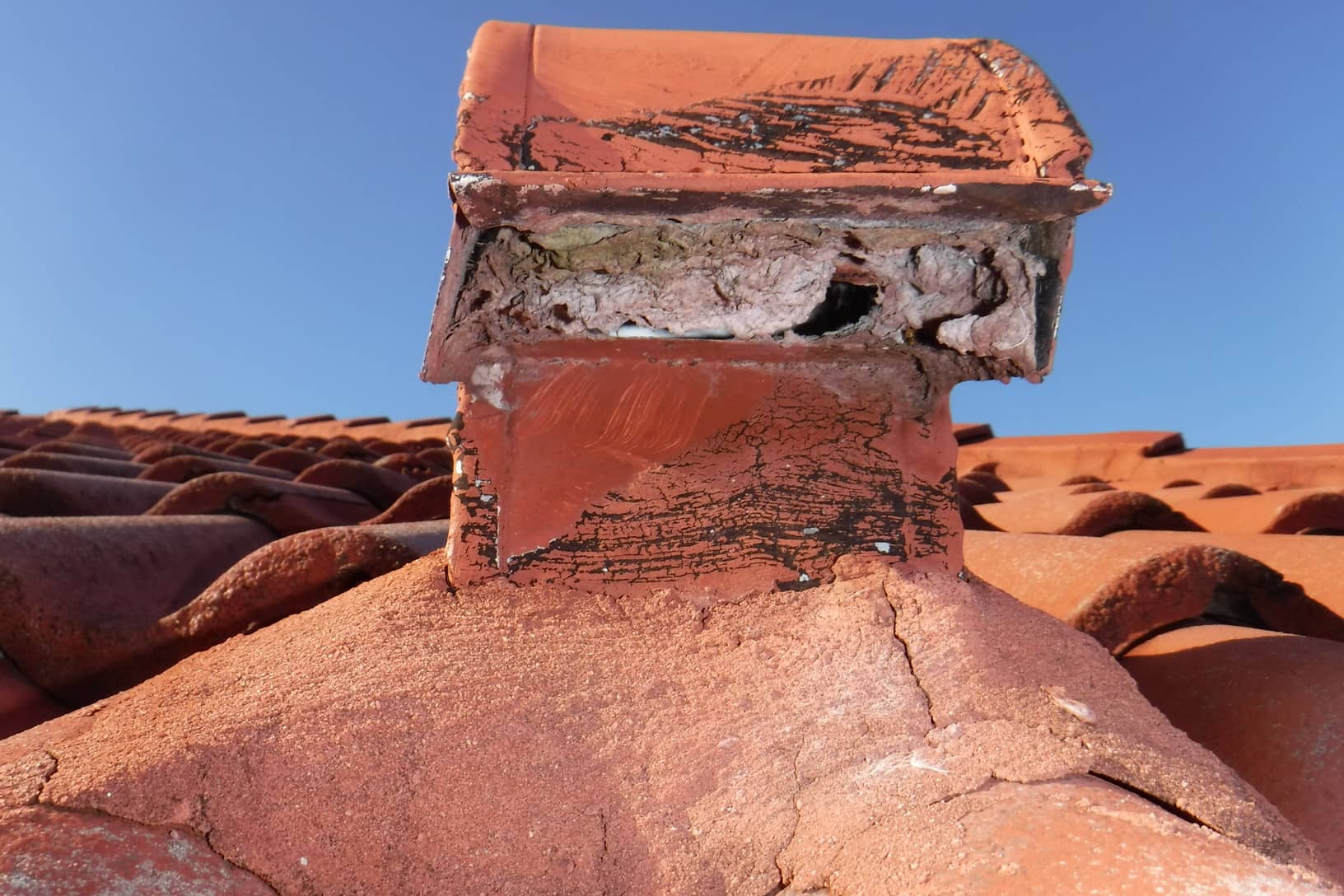

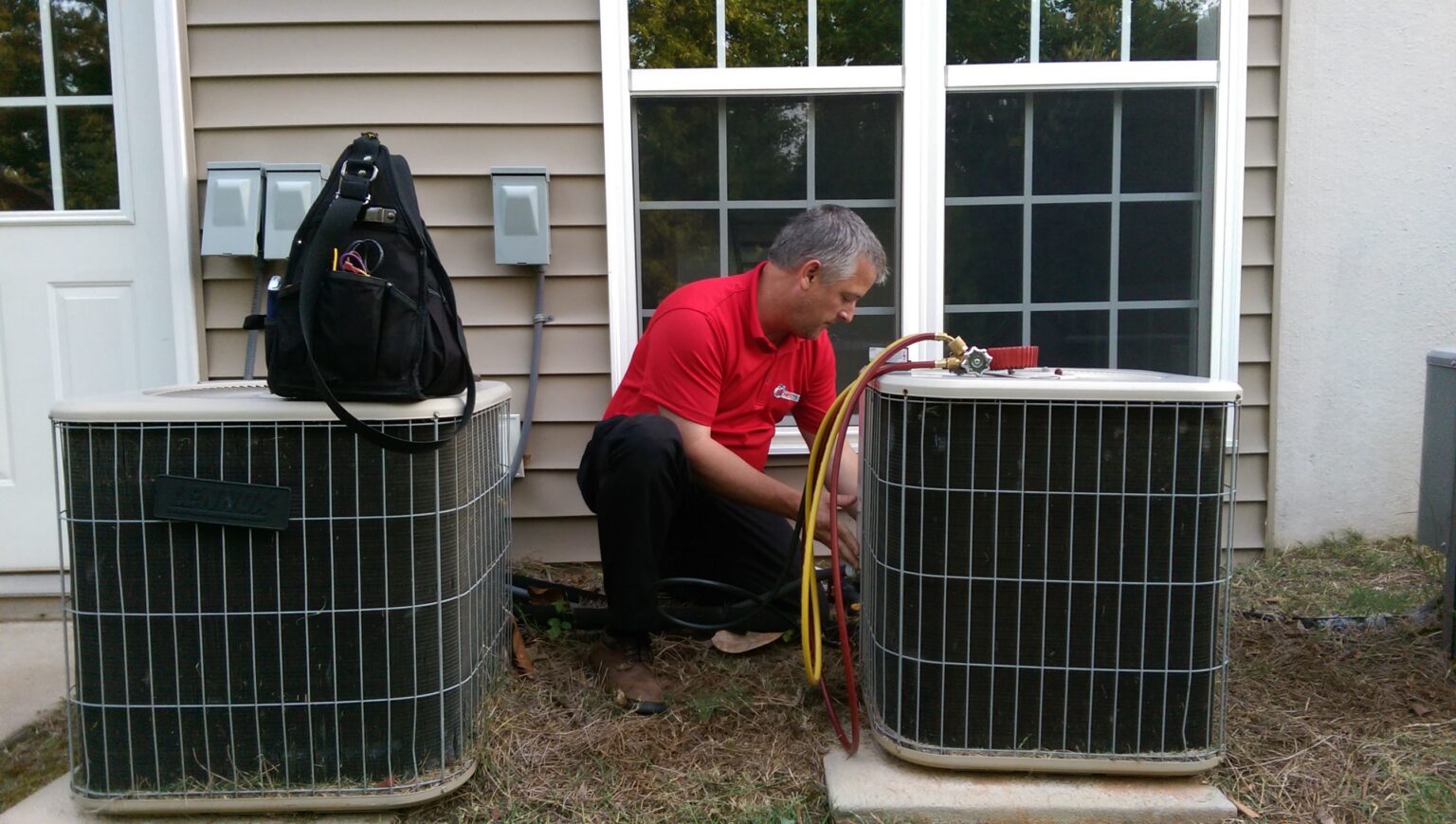
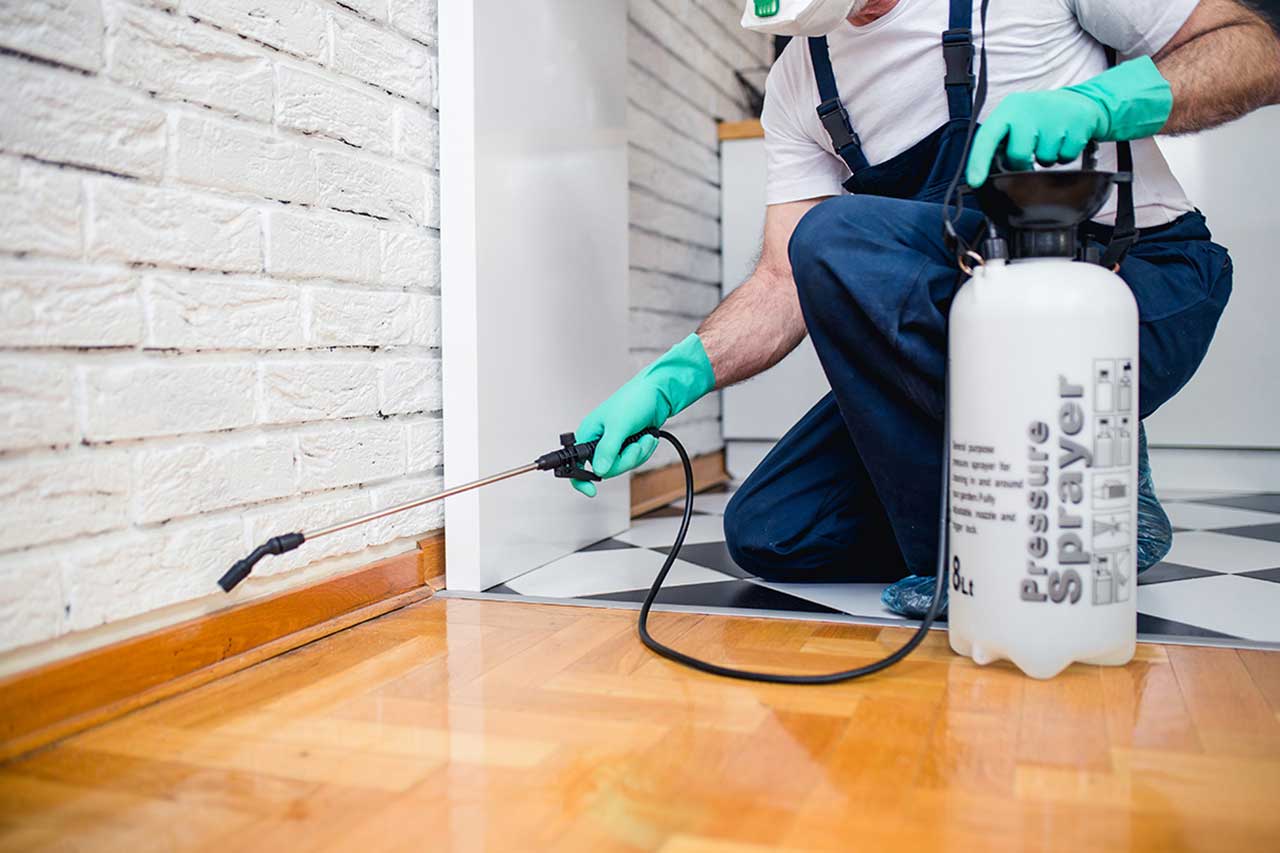

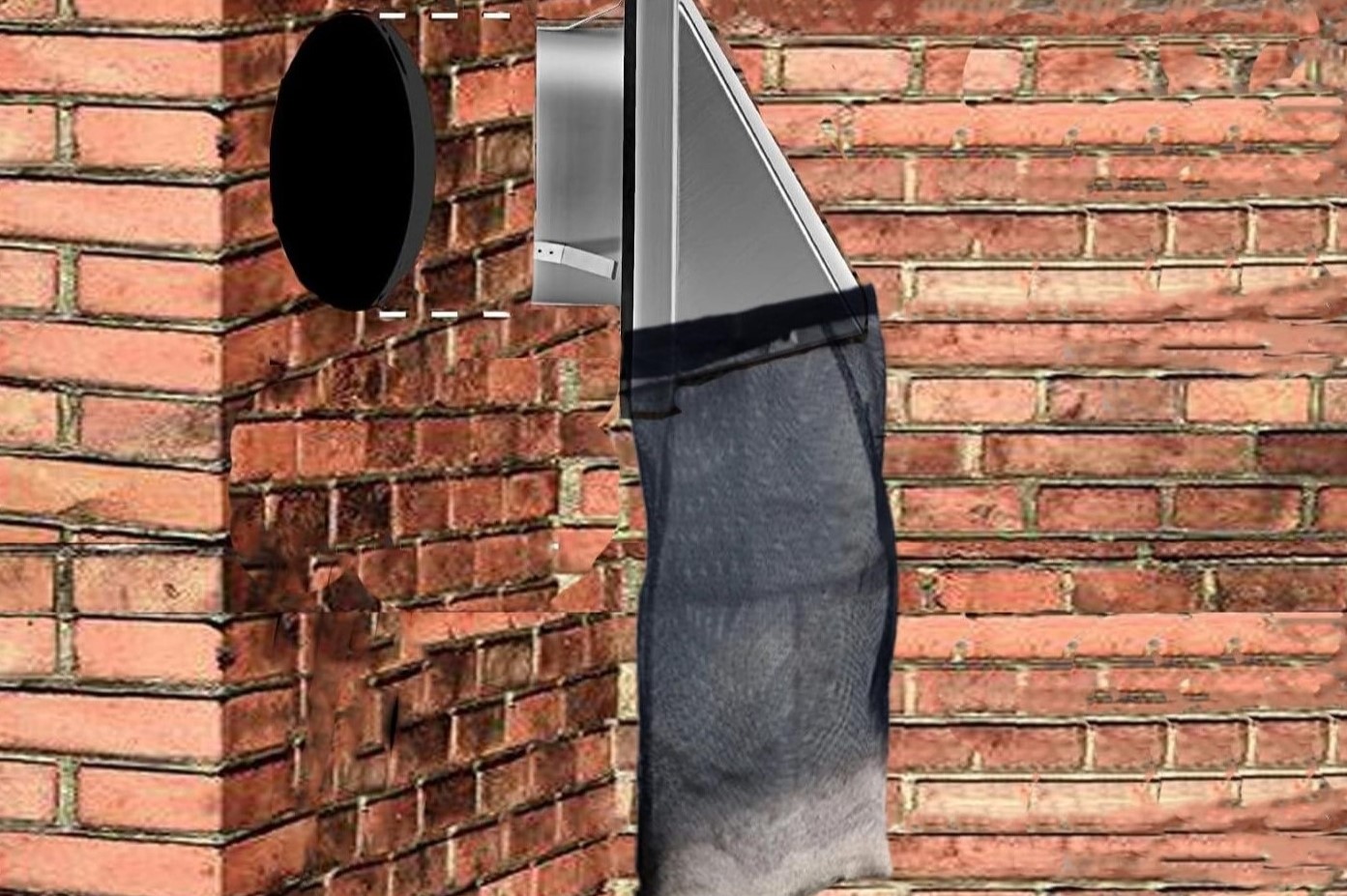

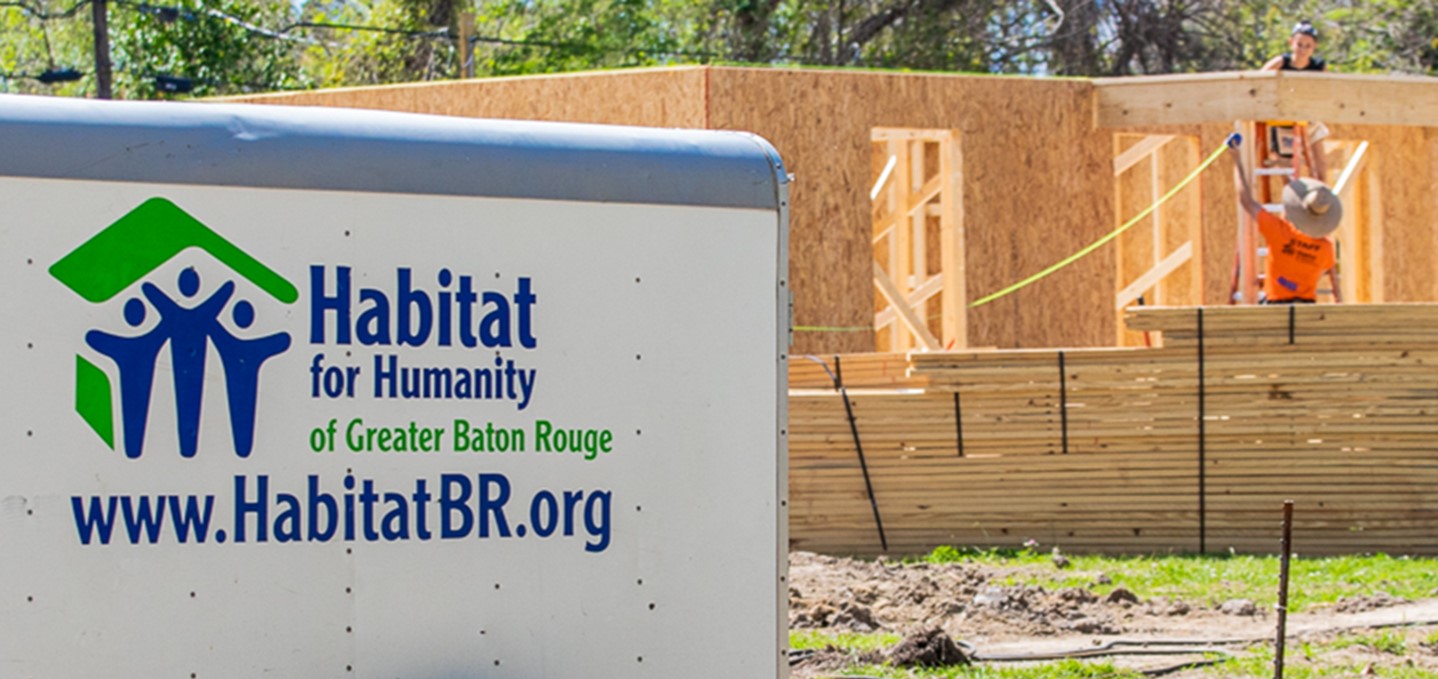
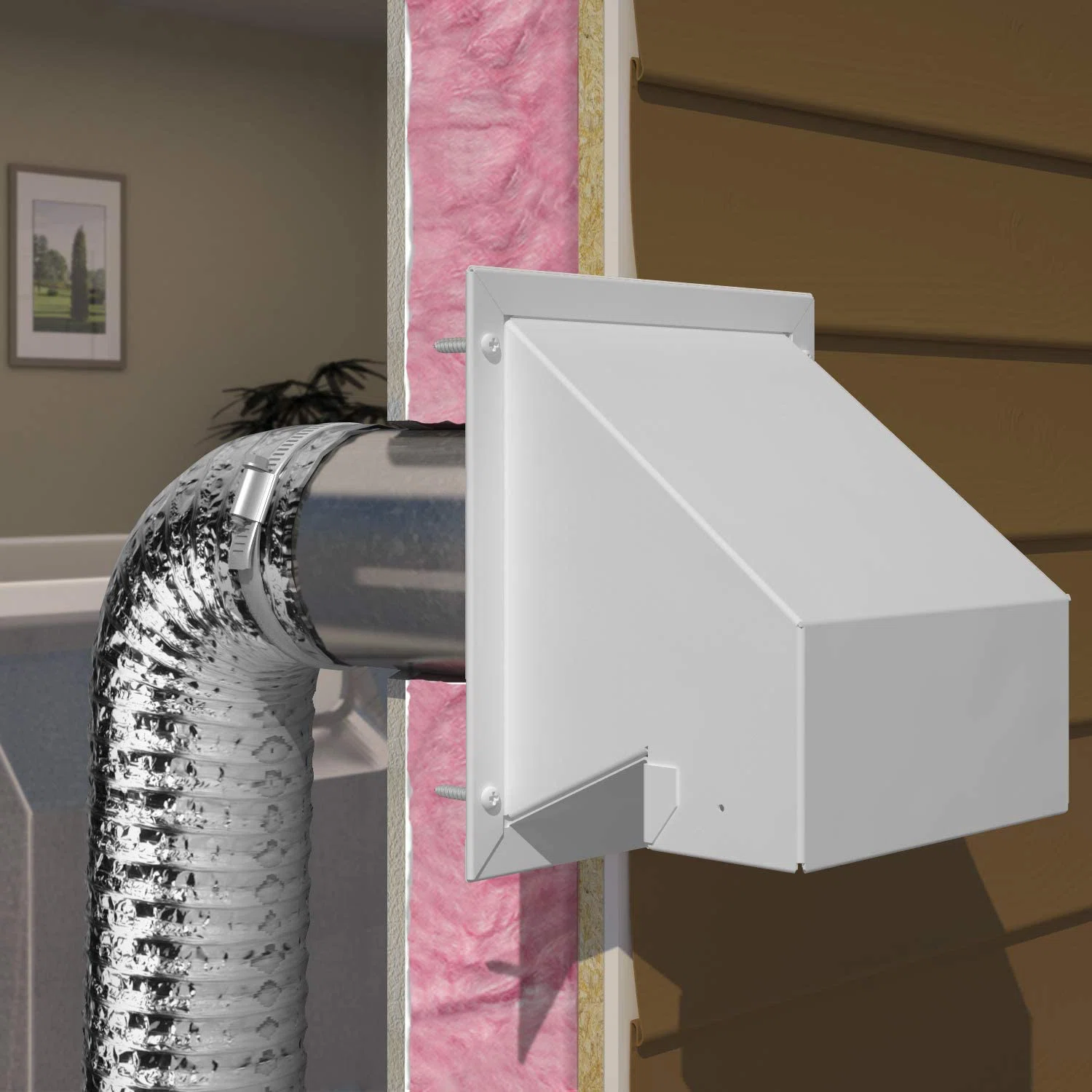

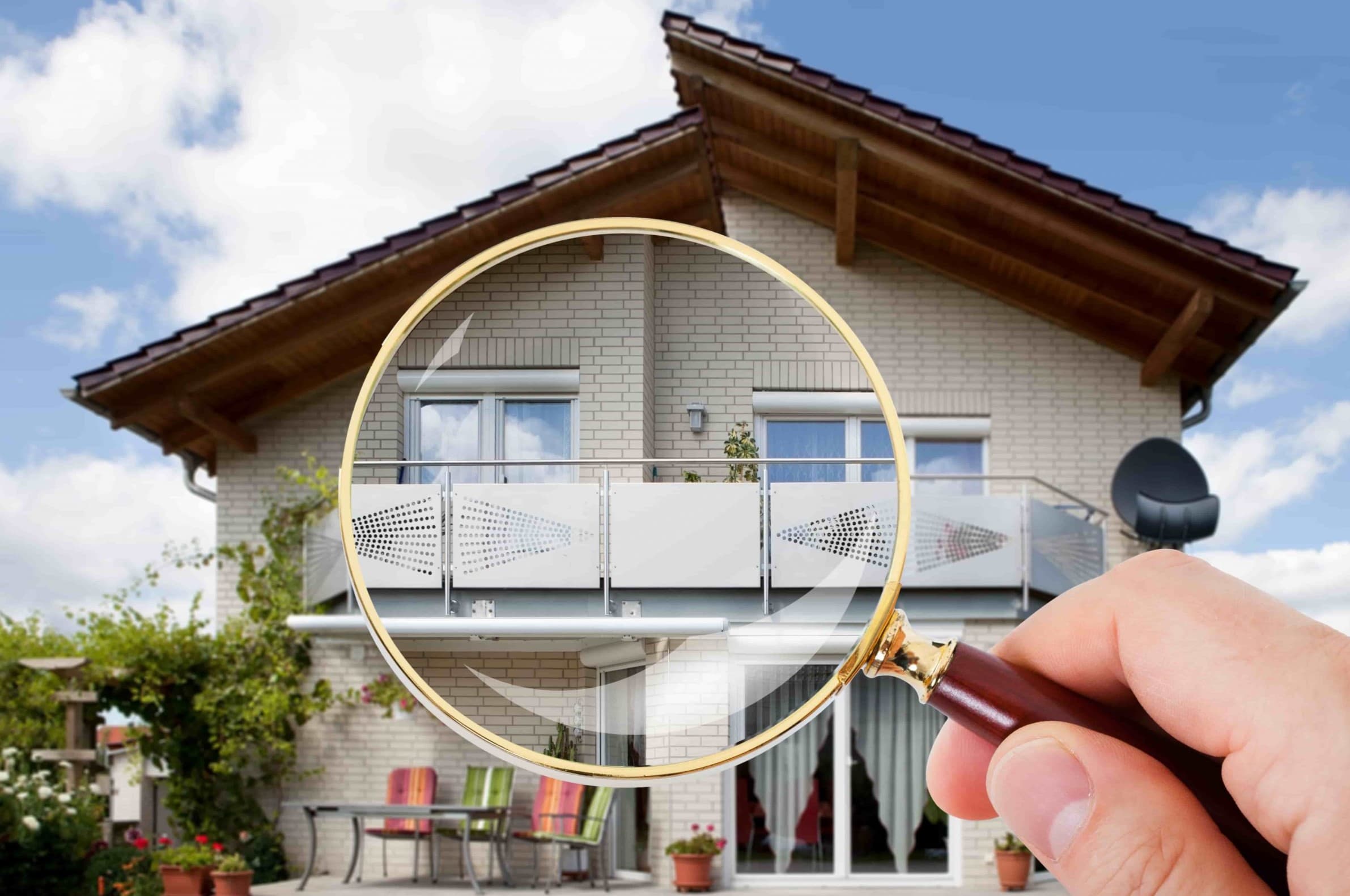


0 thoughts on “What To Expect From A Home Inspection”